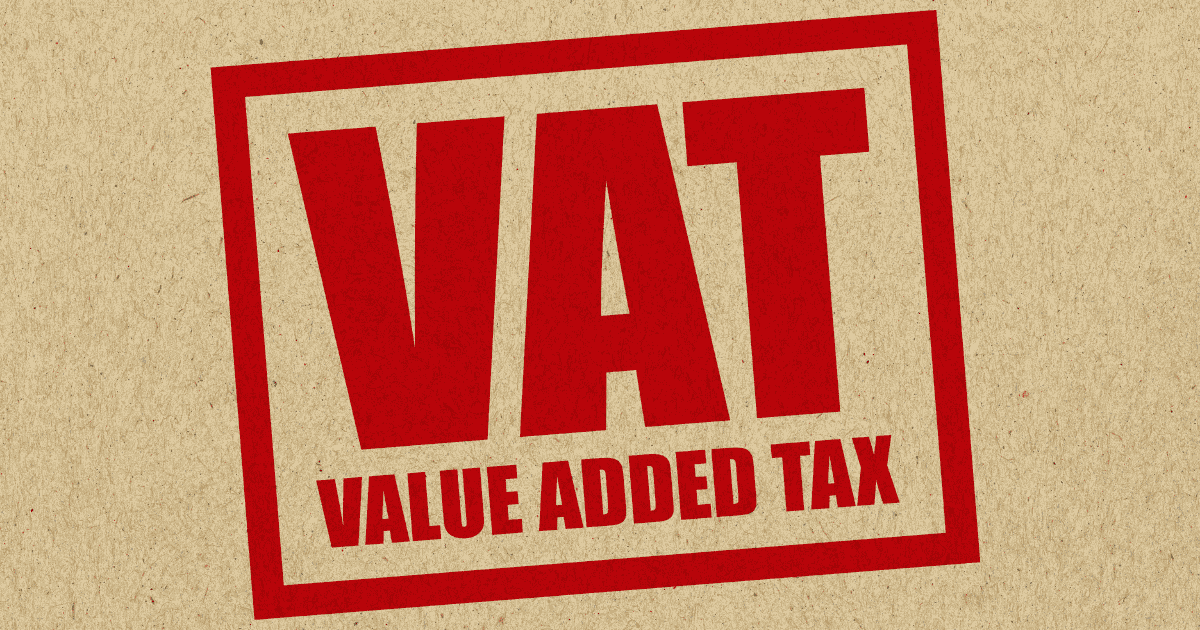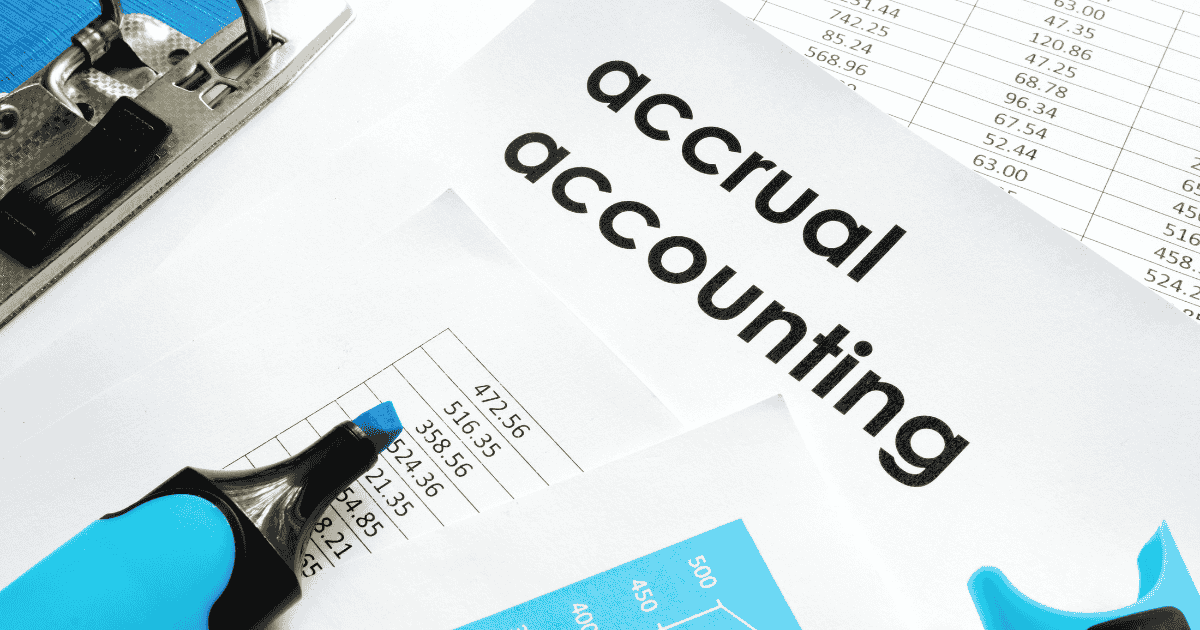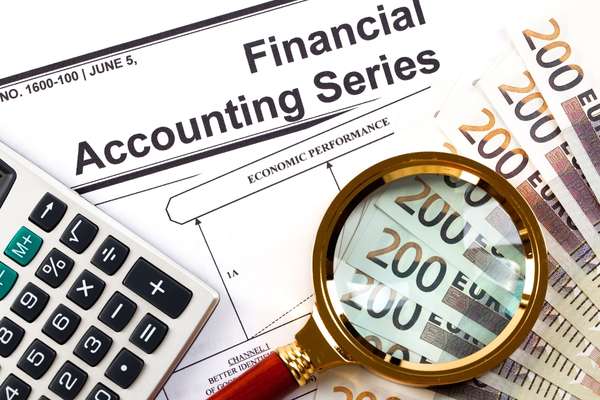Guide to Choose an Accountant for Startups
Starting a business is no easy task for sole traders or startups. There are so many things to think about – from the products and services you will offer, to the marketing strategy you will use to attract customers. But one of the most important decisions you will make is who to choose as your accountant.
=> A good accountant will help your business to grow and succeed, while a bad accountant can cost you time and money. In this blog post, we will give you 10 tips for choosing an accountant for a startup business!
What is an Accountant?
An accountant is a professional who helps businesses and individuals manage their finances. They can help with everything from preparing tax returns to tracking expenses. It’s important to choose an accountant who is a good fit for your business as they will be able to provide valuable insights and advice.
Find the Right Accountant for Your Business
When looking for an accountant, it’s important to consider your needs and budget. It’s also important to find an accountant who is qualified and experienced in working with start-ups since they will be able to offer specific advice.
Before you set up a business:
1. Research the different types of accountants available.
2. Find out what services they offer and if they’re a good fit for your business.
3. Compare prices and services to get the best value for your money.
4. Read reviews and compare ratings to find a reputable accountant.
5. Ask for recommendations from friends or business associates.
How to Choose a Startup Accountant
1. Make a List
The first step is to make a list of potential accountant candidates. This can be done by word-of-mouth, online searches, or by referrals from friends or colleagues.
2. Narrow the Field
Once you have a list of potential accountant candidates, begin narrowing it down.
Consider factors such as:
- The accountant’s experience working with start ups
- Their fees and availability
- Whether they have a good reputation
3. Set Up Interviews
Once you have narrowed your list down to a few accountant candidates, set up interviews. This will allow you to learn more about the accountant and their experience.
Ask questions such as:
- What experience do they have working with start ups?
- Do they have a good understanding of the challenges faced by start-ups?
- What are their fees and availability?
4. Check References & Accounting Services
After you have interviewed the accountant candidates, check their references. This is an important step in ensuring that you are hiring a reputable and qualified accountant.
5. Make a Decision
After you have interviewed the accountant candidates and checked their references, it is time to make a decision. Choose the accountant that you feel is the best fit for your start up and its needs.
6. Get Started
Once you have chosen an accountant, it is time to get started. Begin by discussing your start up’s needs and goals. This will help the accountant to better understand your business and provide you with the best possible service.
7. Stay Organized
One of the best ways to stay organized and on top of your finances is to keep good records. Be sure to keep track of all your income and expenses. This will help your accountant to prepare your financial statements and taxes.
8. Communicate
Communication is key when working with an accountant. Be sure to keep them up to date on any changes in your business.
9. Review Your Financial Statement
Be sure to review your financial statements regularly. This will help you to stay on top of your finances and make sure that your accountant is doing their job.
10. Ask Questions
If you have any questions about your finances or taxes, be sure to ask your accountant. They will be able to provide you with the information you need to make the best decisions for your business.
Benefits of an Accountant
A) Save time and money by having an accountant review your finances and help you stay organized whether you are start-up, small business or established business
B) Get expert advice on tax planning, financial planning, and more.
C) Get help with company taxes, formation, new business transactions, accounting software
D) Feel confident with hassle-free accounting and spot on business expenses
E) Sleep better at night knowing that your finances are in good hands.
FAQ Accountants and Startups
=> DOES A START UP NEED AN ACCOUNTANT?
A start up does not need an accountant, but it would be beneficial to have one. An accountant can help a start-up with tasks such as bookkeeping, business structure, preparing and filing taxes, and financial planning.
=> WHAT DO ACCOUNTANTS DO FOR STARTUPS?
A business startup accountant can help with tasks such as bookkeeping, investment business, preparing and filing taxes for HMRC and companies house, and financial planning. They can also provide advice on financial matters and help the startup save money on taxes.
=> DO ENTREPRENEURS NEED ACCOUNTANTS?
There is no one-size-fits-all answer to this question, as the need for an accountant will depend on the specific business and its financial situation. However, many entrepreneurs find that an accountant can be a valuable asset, providing advice on financial matters and helping to save money on taxes.
=> WHEN SHOULD A STARTUP HIRE ITS OWN DEDICATED ACCOUNTANT?
There is no definitive answer to this question, as the timing will depend on the individual business and its financial needs. However, it is generally advisable to bring on an accountant sooner rather than later, as they can provide valuable advice and assistance.
=> IS THERE A NEED TO HIRE AN ACCOUNTANT IF THE BUSINESS HAS JUST BEEN ESTABLISHED?
There is no one-size-fits-all answer to this question, as the need for an accountant will depend on the specific business, sole trader and financial situation. However, a good accountant will help you from day one to be tax efficient, build a business plan and save you time and money.
=> DO I HAVE TO HAVE A BUSINESS BANK ACCOUNT TO HIRE AN ACCOUNTANT?
No, you do not need to have a business bank account to hire an accountant. However, it is generally advisable to have one so that your accountant can more easily manage your finances.
=> I HAVE A LIMITED COMPANY, WHAT PROFESSIONAL SHOULD I HIRE?
If you are a limited company, you should hire a professional accountant. Limited companies are required by law to have an accountant who can prepare and file their annual accounts and tax returns.
Conclusion
An accountant can be a valuable asset for any sole trader or start up business, providing assistance with tasks such as bookkeeping, preparing and filing taxes, and financial planning.
They can also provide advice on financial matters and help the startup to save money on taxes. If you are a limited company, you are required by law to have an accountant who can prepare and file your annual accounts and self assessment.
When choosing an accountant for your startup business, it is important to shop around and find one that you feel comfortable with and who you feel confident can provide the services you need. Do not hesitate to ask questions and get referrals from other businesses in order to make the best decision for your start up.










